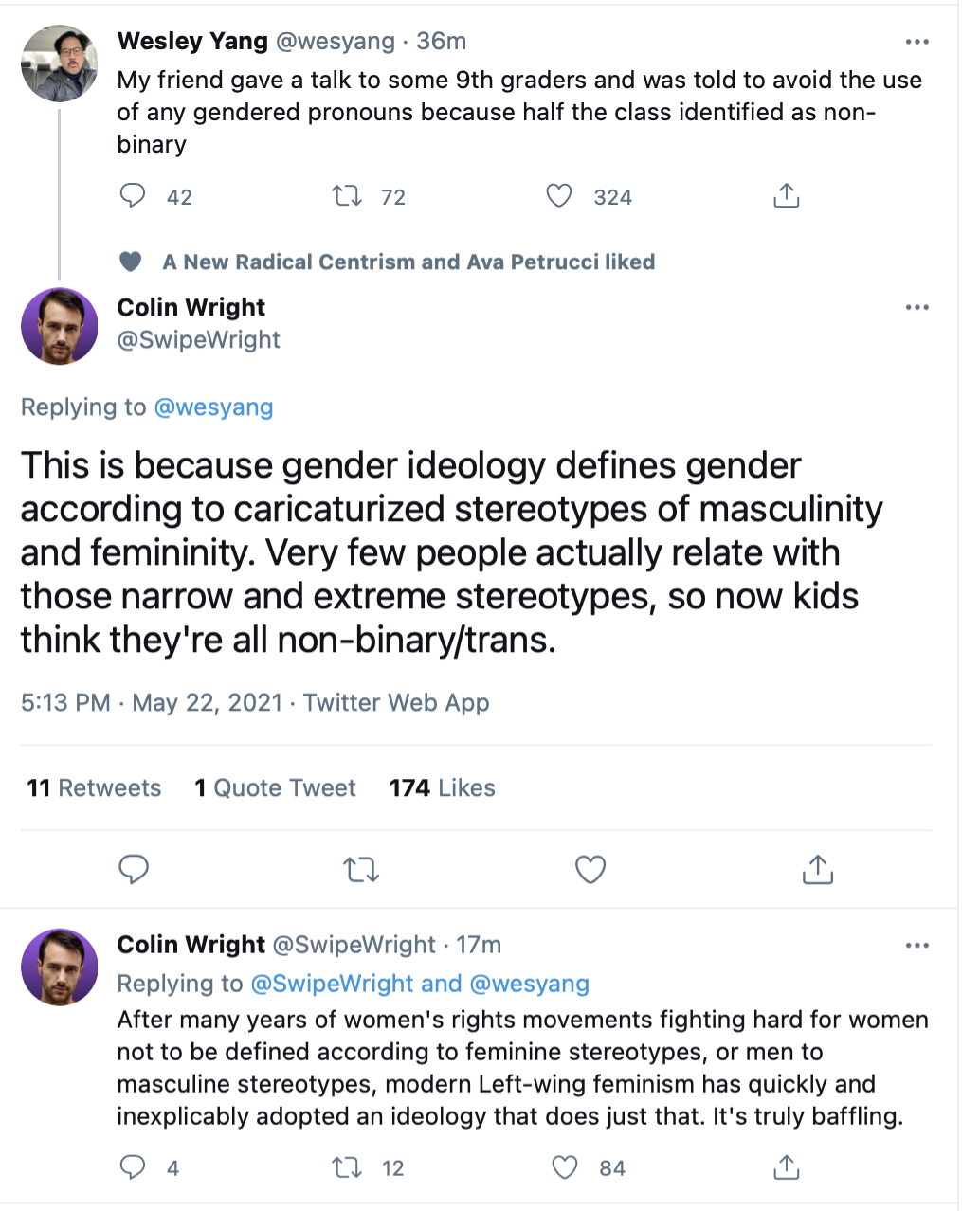It repeatedly occurs to me that I have no idea what is going on inside my own body. Each of us consists of many trillions of cells all of them, more or less, doing what they need to do to keep us alive and cognizant. It's been a good run for me, for which I'm grateful to my trillions of cells. At any given moment, though, there could be numerous microscopic battles underway that are potentially matters of life and death. At any given moment, my immune system could be successfully (or not) beating back a viral incursion. Who knows how many times per day my body's cells divide successfully without allowing cancer to take root. How many close calls are there? How many times per day do my cells identify a pathogen and wipe it out? Every week there might be countless life and death battles going on inside of me, yet I'm utterly oblivious. I don't deserve such high-level service and loyalty from my minions.
Again, these are the kinds of thoughts that sometimes occur to me, and this is also my introduction to a short excerpt from Episode 247 of the "Waking Up" podcast, where Sam Harris interviews neuroscientist Lisa Feldman Barrett (who is among the top 1% most-cited scientists for her revolutionary research in psychology and neuroscience). Here's the excerpt:
Lisa Feldman Barrett: First of all, you need to understand that decision-making is always about action first. It's not like you decide something and then you act. The decision that your brain is making is the decision to DO this or that based on probabilities, So I think that's the first thing. The second thing is that, we're not just unaware of what's been going on in our own brains, right? We're also unaware of what's going on inside our own bodies, for the most part, thank God, because there's a whole drama going on inside you right now.
Sam Harris: Yeah, exactly. It's a horror show.
Lisa Feldman Barrett: All I can say is, if anybody is really is currently aware of all of the drama going on, inside your own body, I have my deep, deep sympathy, because we're not really wired to be intimately aware of all the details . . . That would be what philosophers call tragic embodiment.


 cuts. Lang proceeds to discuss the mathematics of origami. Beautiful, mathematical and mind-blowing. It's an excellent talk with more than a few laughs along the way.
cuts. Lang proceeds to discuss the mathematics of origami. Beautiful, mathematical and mind-blowing. It's an excellent talk with more than a few laughs along the way.